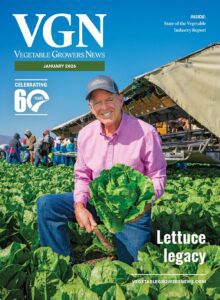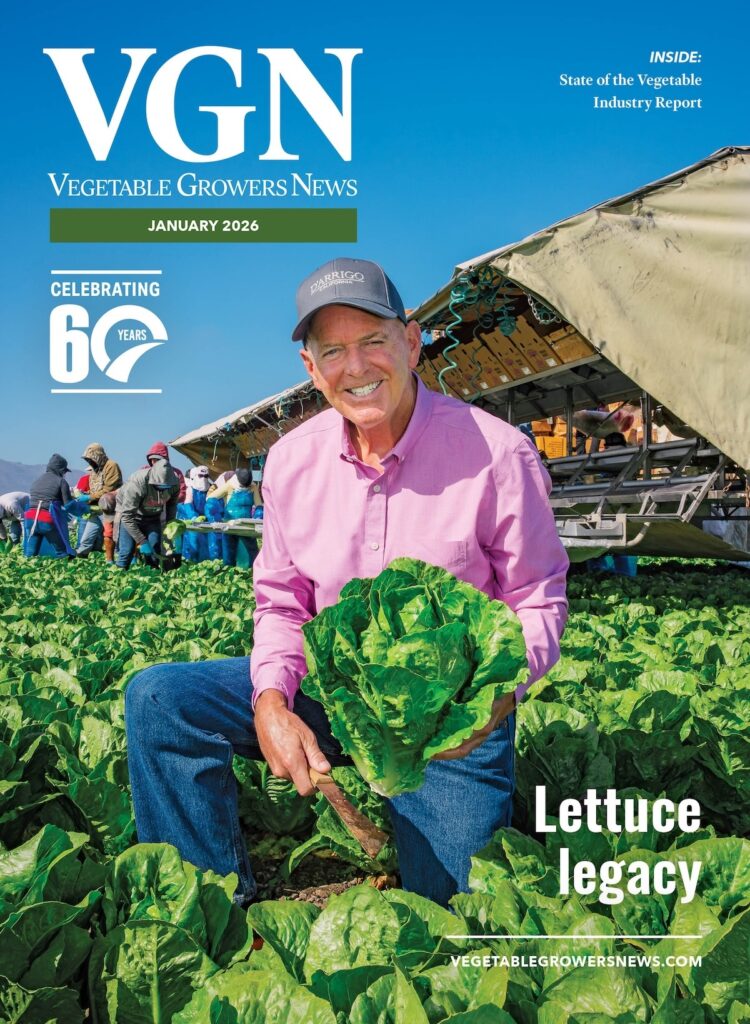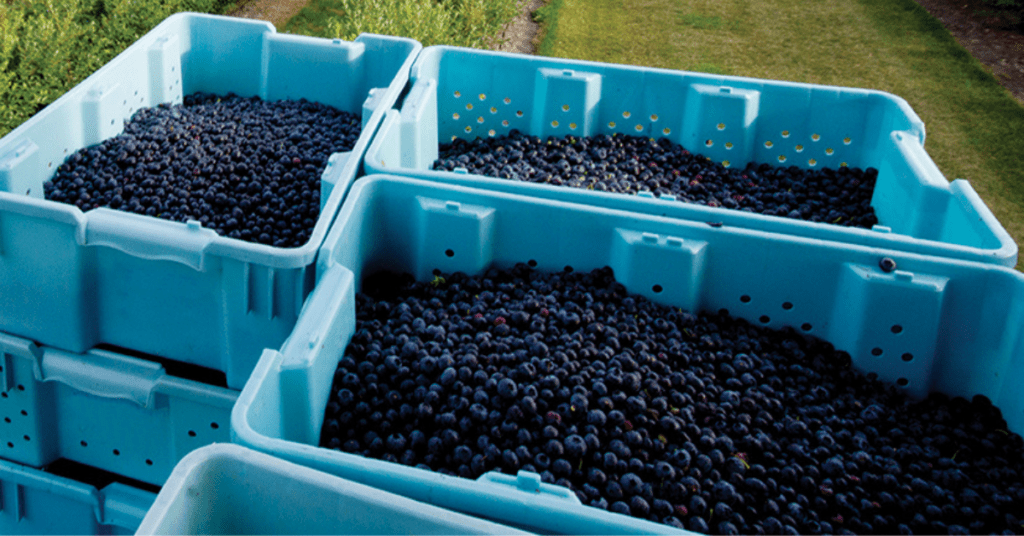
Sep 19, 2024Strengthening Organic Systems helps growers, industry follow new organic rules
Growers are adapting to the Strengthening Organic Enforcement program (SOE) rules, which regulate how organic items are produced, handled and sold.
Mandated by the 2018 Farm Bill and a response to industry requests for updates to USDA organic regulations, SOE protects organic integrity by supporting strong organic control systems, improves farm to market traceability, increases import oversight and strongly enforces organic regulations.
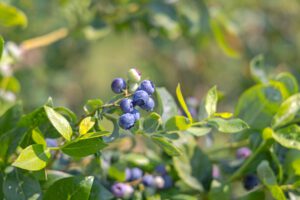
Organic industry advisors and specialists Gwendolyn Wyard and Kim Dietz founded Strengthening Organic Systems (SOS), which focuses on organic fraud prevention, supply chain investigations and compliance with USDA organic anti- fraud rules.
“With compliance often comes better business and the quality of a business improves” Wyard said.
“It’s a combination of opportunities where you have the USDA investing into organic agriculture to a level that we’ve never seen before — more than $300 million going into helping farmers transition to organic education, technical assistance,” she said. “There is so much support for the organic farmer. Continuing alongside that is the promise of what organic delivers and the demand from the shopper. The entire reason for this regulation is the consumer. The shopper needs to be able to trust what they’re purchasing.”
Shipping considerations
Organic products shipped in containers are now required to include organic identification, a lot code or lot system connecting non-retail containers to audit trail documentation.
“That was one of the big challenges for a lot of growers and distributors to figure out,” Wyard said. “But, they’re figuring it out. We’re pleased to see that the National Organic Program and their work with all the certifiers that everybody’s really taking a very sound and sensible approach to this, giving operations the opportunity to come up with their own solutions.
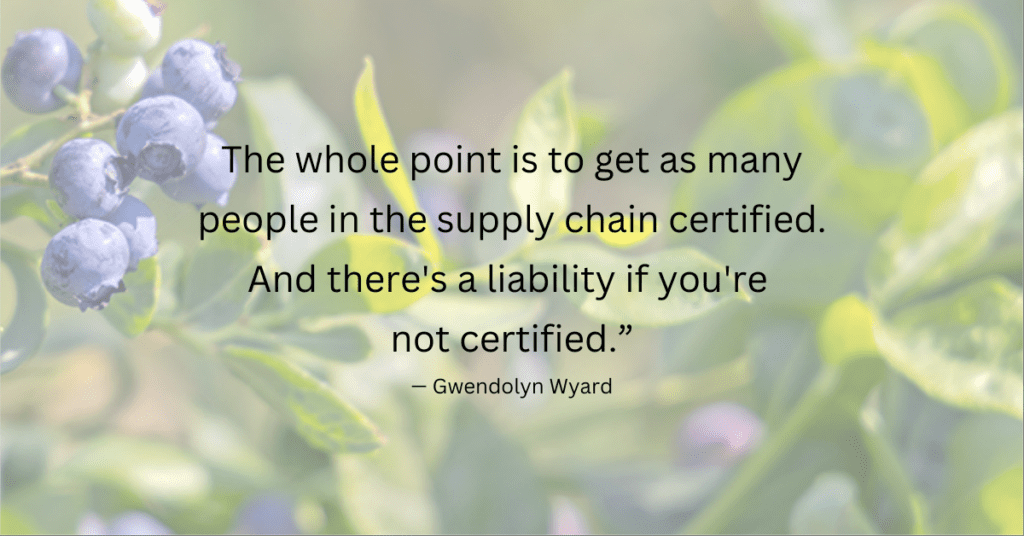
It’s not a one-size-fits-all rule, giving the space for operations to figure out what they need to do that works best for them that will comply with the requirements.
“The whole point is to get as many people in the supply chain certified. And there’s a liability if you’re not certified,” she said. “The program and the certifiers have been doing a good job working together and understanding that this regulation is here to help, not to hurt. The last thing we want is to overburden the growers.”
Growers are required to possess organic systems and organic fraud prevention plans, which can be challenging because they’re new and unfamiliar to many. Certifiers must update forms to include questions around the new rules. Growers are receiving the new forms and are working through the requirements, Wyard said.
New mandatory requirements
Many of the new mandatory requirements are standard grower best practices made mandatory, including unannounced inspections and traceability and Mass Balance (In/Out) Audits, where operations demonstrate how the amount of product used or sold corresponds to the amount of product produced or bought.
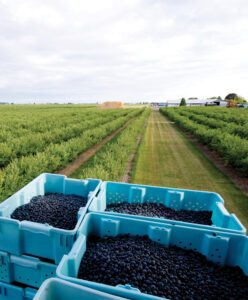 “Everybody needs to continue to over communicate and continue to share the information about getting certified because you don’t want to have an unexpected disruption in the supply chain down the road, because somebody finds out at the last minute that they didn’t realize they needed to be certified,” Wyand said. “The focus for this first year is to get everybody in right, get everybody certified, and then we’ll continue to move along and find if there’s other pain points, or where the hiccups might be.”
“Everybody needs to continue to over communicate and continue to share the information about getting certified because you don’t want to have an unexpected disruption in the supply chain down the road, because somebody finds out at the last minute that they didn’t realize they needed to be certified,” Wyand said. “The focus for this first year is to get everybody in right, get everybody certified, and then we’ll continue to move along and find if there’s other pain points, or where the hiccups might be.”
The act’s organic integrity aspects can help prevent growers questioning the authenticity of the organic inputs they purchase, as happened with fertilizer fraud in 2007. The California Department of Food and Agriculture ordered a liquid fertilizer company to remove its product from the organic market because the company had been spiking its product with ammonium sulfate, a synthetic fertilizer banned from organic farming.
“It’s an area where we continue to hear some complaints saying that we think maybe that fertilizer isn’t compliant, or there are farms that are using fertilizer that’s not allowed,” Wyard said. “With so much focus on the inputs, it’s a reminder that fraud can occur right here in the middle of the U.S., on the West Coast or East Coast. That’s part of what everybody’s looking at as well. Farmers need to look internally at where fraud could occur.”
While SOE went into effect through a March 19 implementation date, Sept. 19 is the hard deadline for compliance.
“The rule is here to protect the organic produce farmer. It’s here to secure an organic agriculture market, to grow and be successful,” Wyand said.














